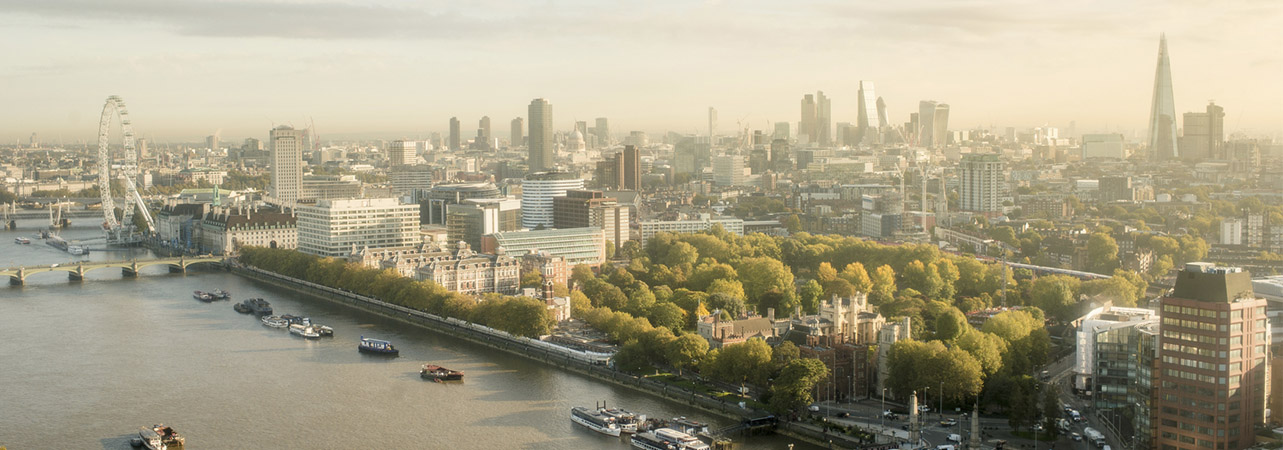UK households face their largest decline in living standards since records began in 1956, according to the Office for Budget Responsibility, which predicted that household incomes – adjusted for inflation – will fall by 7.1% and are not expected to recover to pre-pandemic levels for at least six years.
- The BoE raised its key base rate to 3%
- The rate of inflation rose to 11.1% YoY
- The UK economy contracted by 0.2% in Q3
“The UK is already believed to be in a recession that could last until the middle of 2024”
Household incomes set to drop in real terms: UK households face their largest decline in living standards since records began in 1956, according to the Office for Budget Responsibility (OBR) . The OBR predicted that household incomes – adjusted for inflation – will fall by 7.1% and are not expected to recover to pre-pandemic levels for at least six years.
Shoring up the UK’s finances: in his Autumn Statement , Chancellor of the Exchequer Jeremy Hunt extended the energy price cap for households until April 2024. Although the cap was raised to £3,000 per year, vulnerable households will receive some additional support. The Government raised the windfall tax on the profits of energy companies to 35% and announced a temporary 45% tax on electricity generators.
Already in recession? Having expanded by 0.2% during the second quarter of 2022, the UK economy contracted by 0.2% during the third quarter. The UK is already believed to be in a recession that could last until the middle of 2024. The Organisation for Economic Co-operation & Development (OECD) expects the UK economy to contract by 0.4% next year, making it one of the worst performers among the major economies.
Interest rates continue their rise: the Bank of England (BoE) implemented a rate increase of 75 basis points – its largest single increase for over 30 years – taking the key base rate to 3%. The annualised rate of inflation surged from 10.1% in September to 11.1% in October, underpinned by soaring prices for food, energy and transport. According to the British Retail Consortium (BRC) , shop price inflation rose from 6.6% in October to 7.4% in November, boosted by a continued acceleration in food prices. Food price inflation climbed from 11.6% in October to a record 12.4% in November, driven up by higher prices for energy, animal feed and transport.
Average earnings fall in real terms: although average earnings (excluding bonuses) rose at an annualised rate of 5.7% in the three months to September, they actually fell by 2.7% in real terms as the cost of living continued to increase. The rate of unemployment edged down to 3.6% in the three months to September, but the BoE expects it almost to double to just under 6.5%. The FTSE 100 Index rose by 6.7% during November, while the FTSE 250 Index climbed by 7.1%.
To view the series of market updates through November, click here




